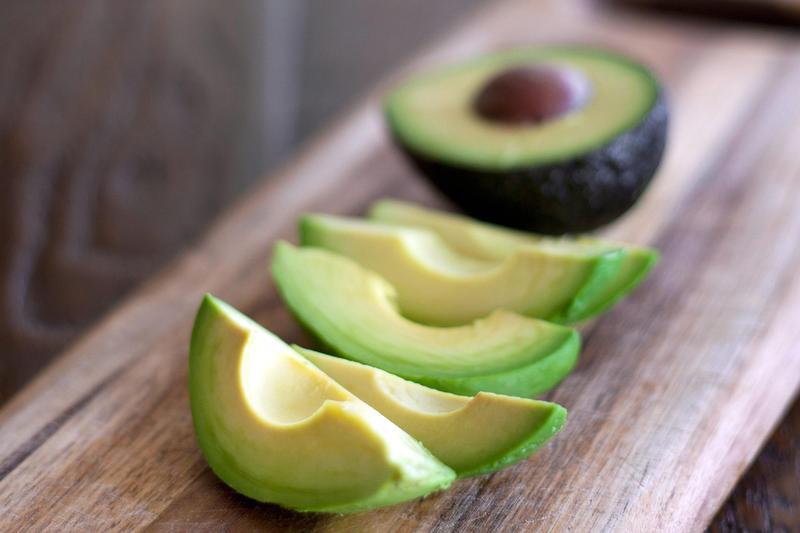Raising ‘Good’ Cholesterol Doesn’t Protect Against Heart Disease After All, Study Finds
Raising ‘Good’ Cholesterol Doesn’t Protect Against Heart Disease After All, Study Finds
“Good” cholesterol might be in for a name change.
Raising HDL, widely known as good cholesterol, for years has been thought to protect against heart attack and stroke. But a big new study found little evidence it does.
The finding upends the advice doctors have been giving millions of patients — and helps explain why the drug industry has failed time and again, despite billions in investment, to develop a drug that cuts deaths from heart disease by boosting HDL levels.
“When you explain to patients, it’s very easy to say one number’s bad and the other number’s good,” said Dr. Dennis Ko, a cardiologist at Canada’s Institute for Clinical Evaluative Sciences and lead author of the study. But it turns out that HDL is associated with poor health generally and does not seem to affect cardiovascular risk.
In the study, Ko and his colleagues looked at years of data from about 630,000 people in Ontario, sorting their HDL scores from low to high. Those with basement-level HDL were more likely to die of cardiovascular complications, but the risk did not drop steadily as good cholesterol levels rose.
Instead, it dipped, then hit a plateau; people with HDL of about 40mg/dL had roughly the same risk as those with about 80 mg/dL. And death risks actually increased for those with extremely high levels of good cholesterol.
Further muddying the picture, people in the low-HDL group were also more likely to die of diseases unrelated to the heart. And they had lower incomes, higher body weights, and poorer diets than others in the study, all of which correlate with increased mortality on their own.
HDL has been thought to lower cardiovascular risk by cleansing the bloodstream of “bad” cholesterol and scrubbing the inner walls of blood vessels, so your levels of HDL were thought to predict your risk of heart attack or stroke. But this new data suggests HDL may just be a fatty substance along for the ride.
“It may be therefore that it’s reflecting other health habits that lead to greater risk, rather than actually being a risk factor itself,” said Dr. Steven Nissen, a Cleveland Clinic cardiologist not involved in the study.
The study, published in the Journal of the American College of Cardiology, will sound familiar to the drug industry, which has repeatedly failed to design a pill that might improve patients’ lives by increasing HDL.
A decade ago, Pfizer spent more than $800 million to get the HDL-boosting medication torcetrapib into late-stage trials, only to find that more patients died on the drug than on placebo. Roche was next to fail when its drug, dalcetrapib, came up short in a 16,000-patient trial in 2012. And last year, Eli Lilly shut down a study testing its evacetrapib on 12,000 patients after discovering that the drug had no effect on heart attack and stroke.
Those drugs, called CETP inhibitors, are meant to interrupt the process that turns HDL into LDL cholesterol, its “bad” relative. And, in a sense, they work — Lilly’s pill boosted HDL by about 130 percent and slashed LDL by more than one-third. But, time after time, changing that ratio of good to bad cholesterol has failed to improve outcomes for patients.

Despite the litany of disappointments, there’s one CETP pill still in the ring. Merck is in the final phase of a 30,000-patient study on anacetrapib, the last of the class in late-stage development. Results are expected early next year, but optimism does not abound.
“I have very little hope that the ongoing trial is going to work,” said Nissen, who chaired Lilly’s failed evacetrapib study. “And if you think about it, if that study also fails, what is the likelihood that anybody will do another large, Phase 3 trial? I think the answer is probably pretty low.”
Still, cardiologists said it may still be useful to keep measuring HDL in blood lipid tests, because it does seem to be correlated with other factors that can affect health, such as diet and exercise habits. Doctors can gather such information with questionnaires, but those are time-consuming and rely on patients accurately recounting their habits.
And HDL may yet redeem itself in the world of drug development. Good cholesterol is complex, with various particle sizes and subspecies floating around in the body. Ko and his colleagues applied a broad brush in their study, looking at HDL as a monolith. It’s possible a deeper look at HDL subtypes could reveal a more nuanced relationship with cardiovascular disease, Dr. Stephen Nicholls and Dr. Peter Psaltis wrote in an editorial accompanying the study.
And it’s possible that drugs to raise HDL may work only in people with certain genetic mutations.
Last year, mining the wreckage of Roche’s failed dalcetrapib study, researchers at the University of Montreal noted that the drug had a marked effect on a subset of patients with mutations to a gene called ADCY9. DalCor Pharmaceuticals, a UK startup, has raised $150 million in venture capital to see if Roche’s drug can have a second life as a targeted therapy.
“Our understanding of the HDL story has changed,” said Dr. Bassem Masri, a cardiovascular disease expert at Weill Cornell Medicine and NewYork-Presbyterian who helped run a slew of CETP trials. “It’s not just increasing HDL; it might be that only a specific population will respond to that increase positively.”
Elsewhere, scientists are studying novel methods of boosting HDL, whether by stimulating other pathways in the body or injecting patients with synthetic good cholesterol. Considering past failures, it looks like an uphill battle. But anything’s possible.
“I’ve been doing medicine long enough that I’ve learned to say you never say never,” Nissen said.
via Stat News
Be the first to post a message!
